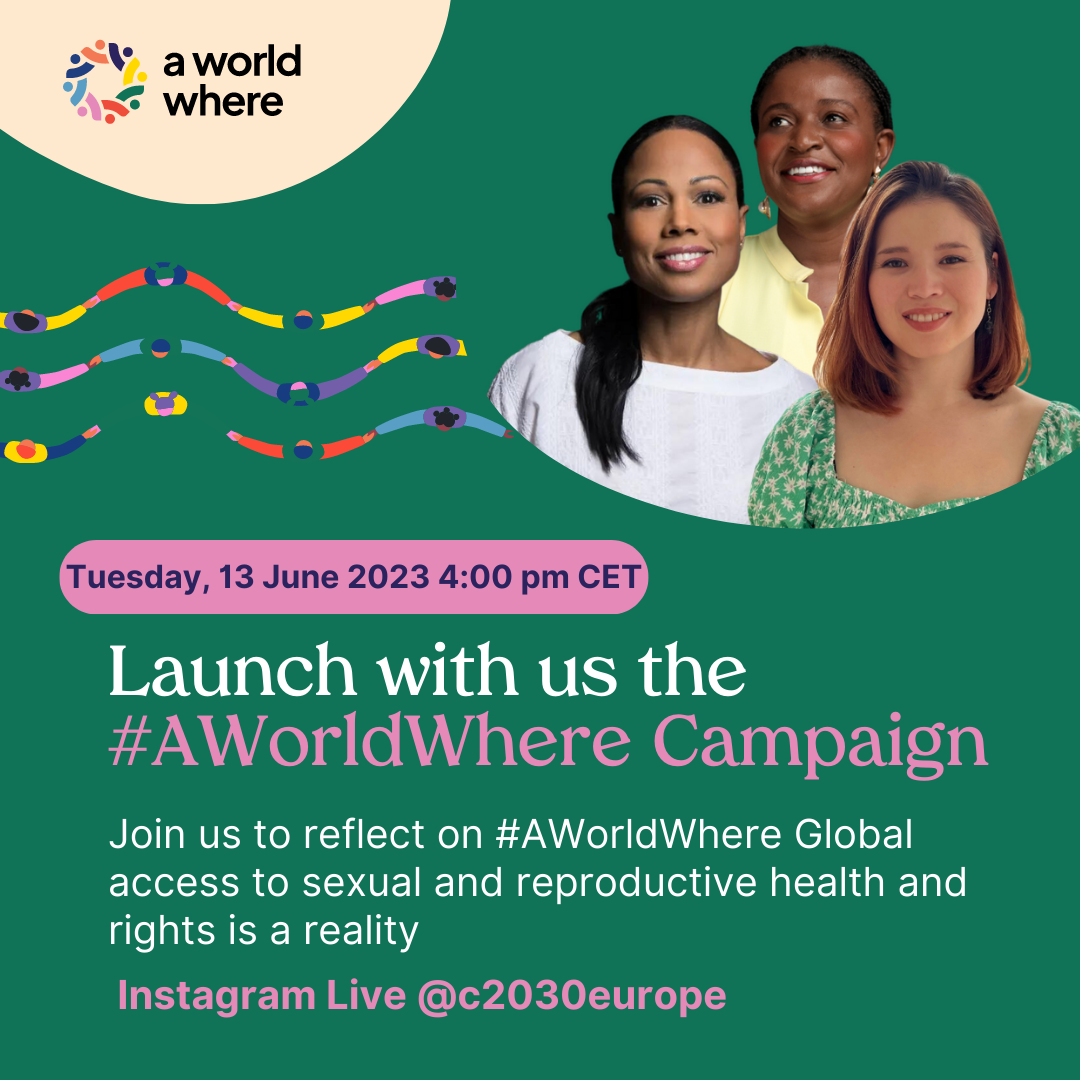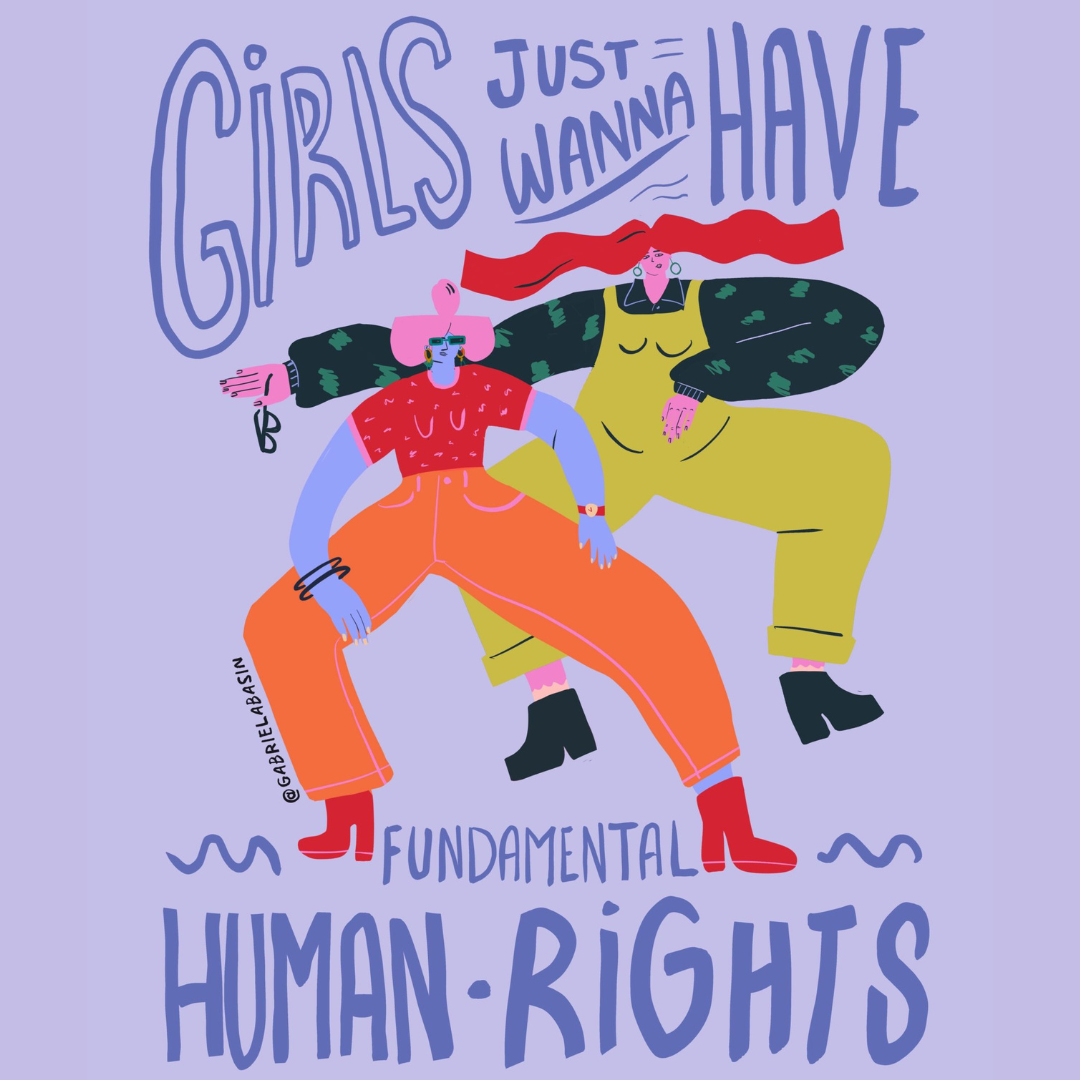The new European Parliament has entered into office on 2 July, triggering one question: will the new European political landscape threaten the promotion and respect of EU fundamental values such as gender equality, including sexual and reproductive care? In light of the progress of far right and Eurosceptic parties and the increased fragmentation between smaller political groups, there is cause for concern.
The European elections happened in a challenging context for sexual and reproductive health and rights (SRHR), and for development aid more broadly. An increasing skepticism surrounding development aid has already led to a decline of international aid. Some EU governments are shifting priorities, giving more importance to non-development objectives under their development assistance, such as migration control, addressing security threats and commercial expansion. This is being done at the expense of people in developing countries, who do not receive the support they need to access sexual and reproductive health and family planning (SRH/FP) care.
In addition, the reinstatement of the US’ Global Gag Rule (GGR) continues to have terrible consequences on the health and lives of women and their families; and the influence of ultra conservative forces from EU countries like Poland, Italy and Hungary over policy-making in Europe, including on development and SRH/FP issues, leaves us with concerns over the impact it can have on women and girls’ lives.
Sexual and reproductive health and rights are however key for achieving human development and dignity globally. Millions of women die, or suffer irreversible health complications, as a result of pregnancy, childbirth, unsafe abortion and female genital mutilation. Millions more, trapped in unequal, coercive relationships, endure unimaginable mental and physical torture at the hands of those closest to them. Women and men continue to face reproductive coercion as they are denied life planning methods. As the first provider of development and humanitarian assistance worldwide, Europe must continue to lead the fight for human development. Sexual and reproductive health and rights are a bedrock of this development.
In this challenging context, Members of the European Parliament (MEPs) have the power to secure sexual and reproductive care and gender equality in the EU and abroad. First, they can make sure that enough funding is available for programmes promoting SRHR and gender equality. The negotiations of the EU long-term budget (the multiannual financial framework – MFF, which will run from 2021 to 2027) and of the EU annual budget are opportunities for MEPs to influence the allocation of funding. MEPs can, for instance, make sure that adequate funding will be allocated to human development, which includes SRHR, or to specific initiatives such as the EU-UN Spotlight Initiative on combatting violence against women and girls.
In addition to funding, MEPs should also ensure that EU policies for development have as an objective the promotion and achievement of sexual and reproductive freedom and gender equality. There are already several EU policies in favour of SRHR and gender equality that MEPs can promote and defend. MEPs should first make sure that commitments on SRHR and gender equality laid out in the European Consensus on Development, which states EU priorities and engagement for development aid, are reached. MEPs should work towards the eradication of gender inequality through the renewal of the Gender Action Plan for the period post-2020.
MEPs should also make sure that, in its relations with other regions and countries, the EU uphold its values and commitments on gender equality and human rights. When the EU is re-discussing its relations with regions such as Africa, the Caribbean and the Pacific in the post-Cotonou process, it is of upmost importance that the EU continues to promote gender equality and sexual and reproductive freedom in its external policies.
Finally, MEPs have the important power of keeping the European Commission accountable. The new President of the European Commission, Ms Ursula von der Leyen has taken strong commitments on gender equality during her hearing in the European Parliament. We hope MEPs will make sure that these commitments are translated into action in the coming five years.
Two things must be absolutely clear in the mind of new EU policy makers: gender equality is a key value for the EU and its citizens, and we cannot achieve it without full access to sexual and reproductive health and rights (SRHR). Without MEPs’ support, women and girls could well end up with lacking the support they need to live a safe, healthy and dignified sexual and reproductive life. Although the proportion of progressive forces in the newly elected European Parliament has somewhat decreased compared to the previous mandate, it remains a considerable force. Progressive actors will therefore continue playing a key role in promoting and defending the EU’s fundamental values. We, at Countdown 2030 Europe, will work with MEPs to make sure that equality and well-being for everyone continue to be a top priority for the EU in the next five years.
Please read our guide for MEPs to championing reproductive freedom, safety and dignity in EU external policies.
Article by Marie Tempesta/C2030E
Photo credit: Chloe Hall



